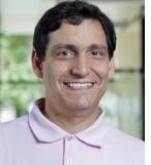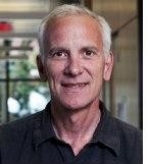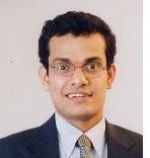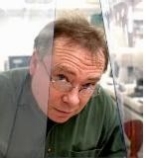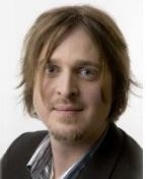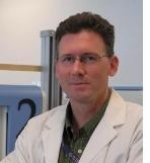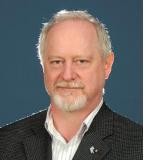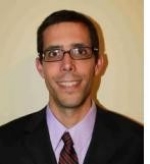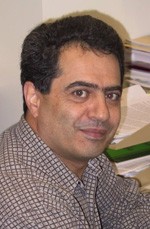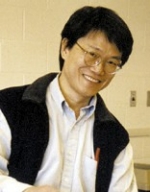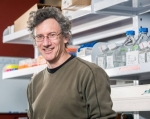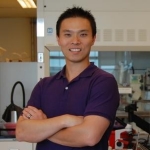PhD (UBC)
Professor and Concordia University Research Chair
Department of Biology and Centre for Structural and Functional Genomics, Concordia University
Like most people today, Dr. Vincent Martin is extremely concerned with the environment and with ensuring that our economy is developed using sustainable technologies which result in very little or no negative impact to our environment. In his capacity as both Associate Professor and Canada Research Chair in Microbial Genomics and Engineering at Concordia University, Martin is in a unique position in that he can take his concern to the next level.
Martin is the Fermentation theme leader with the Cellulosic Biofuels Network (CBioN), a major national project focusing on the conversion of agricultural waste into biofuels. As a member of this Network, his group will use genetic engineering methods to produce a strain of yeast that will meet the needs of the industry for the conversion of cellulose to biofuels.
Much like studying one part of a complex machine gives few clues as to what the assembled product will look like, our knowledge of biology has reached a point where a reductionist approach is also not sufficient. "If we know all the parts of the system and have some general idea as to how they are assembled and work together, why not tinker with them much like engineers do. This is what our laboratory and metabolic engineers do,"said Martin. "We combine science and engineering principals to design and build novel biological functions and systems."



